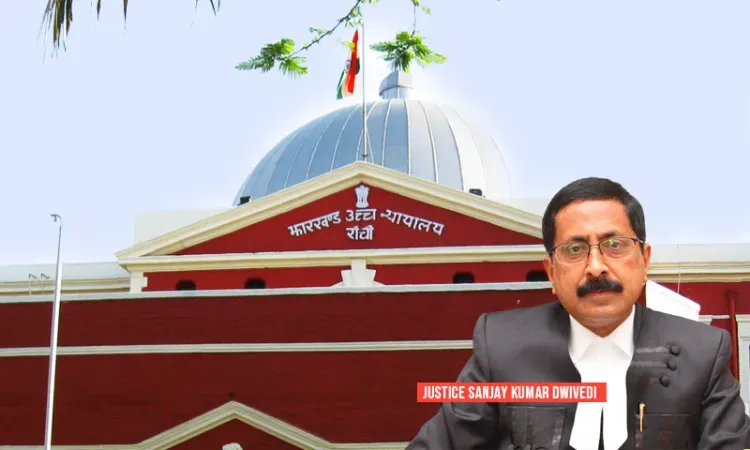Introduction
The Jharkhand High Court has ruled in favor of Rajendra Prasad Sahu, ordering the State government to pay ₹5 lakhs in compensation for the illegal demolition of his shops and an additional ₹25,000 for the mental anguish caused by the incident. This decision underscores the importance of adhering to legal procedures and respecting property rights.
Case Background
The case revolves around the unlawful demolition of five shops owned by Sahu, which were constructed on raiyat land—a type of cultivation land where tenants can acquire occupancy rights. Sahu had built these shops in 1997 and consistently paid rent to the ex-landlord, receiving official rent receipts as proof.
Initial Dispute
In 1988, the Sub Divisional Officer (SDO) of Chatra canceled a mutation entry in Sahu’s favor, nullifying his recognized ownership of the property. Sahu challenged this decision, and in 1990, the Additional Collector reinstated the mutation entry in his name, affirming his ownership rights.
Escalation of Conflict
In 2005, the Circle Officer of Chatra municipality stopped issuing rent receipts to Sahu and refused to accept his rent payments, prompting Sahu to seek intervention from the Deputy Commissioner. Despite complying with a demand to produce documents related to the land, the Circle Officer recommended canceling the Jamabandi (land revenue records) in 2006.
Legal Battle
Sahu filed a writ petition against the Circle Officer's recommendation, seeking to reaffirm his rightful ownership. Although initially dismissed, the Land Reforms Deputy Collector later overturned the Circle Officer’s decision, allowing the Jamabandi to continue. Despite this, in 2011, the district administration demolished Sahu’s shops without legal procedures, notices, or court orders, leading Sahu to seek redress from the High Court.
Court's Analysis
Justice Sanjay Kumar Dwivedi presided over the case, scrutinizing the actions of the district administration. The Court found that the demolition was illegal, arbitrary, and whimsical, violating principles of the rule of law and natural justice, which require notice and an opportunity to be heard.
Right to Property
The Court emphasized that the right to property, although no longer a fundamental right, remains a constitutional and human right under Article 300A of the Indian Constitution. This article protects individuals from being deprived of their property except by lawful means.
Compensation for Damages
Justice Dwivedi ruled that the petitioner was entitled to compensation for the illegal demolition and the resulting mental anguish. The Court ordered the State to pay ₹5 lakhs for the cost of construction and an additional ₹25,000 for the mental pain and injury caused to Sahu.
Conclusion
The Jharkhand High Court’s decision highlights the critical need for state authorities to adhere to legal protocols and respect property rights. By awarding compensation, the Court reinforced the importance of accountability and justice in administrative actions, setting a precedent for similar cases in the future. This case serves as a reminder that the rule of law must prevail in all state actions to protect citizens' rights and maintain public trust in the legal system.










0 Comments
Thank you for your response. It will help us to improve in the future.